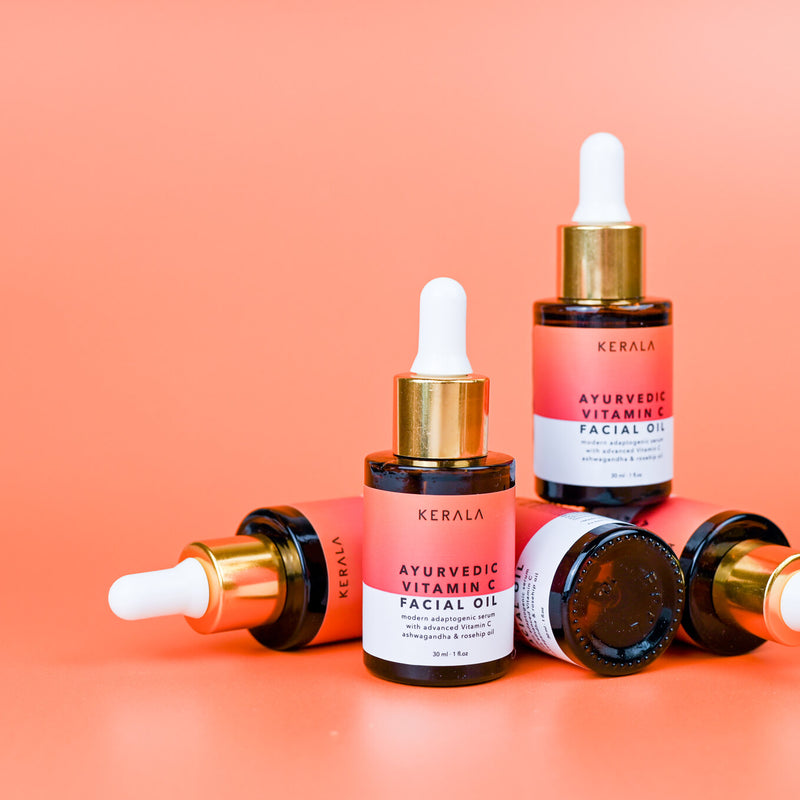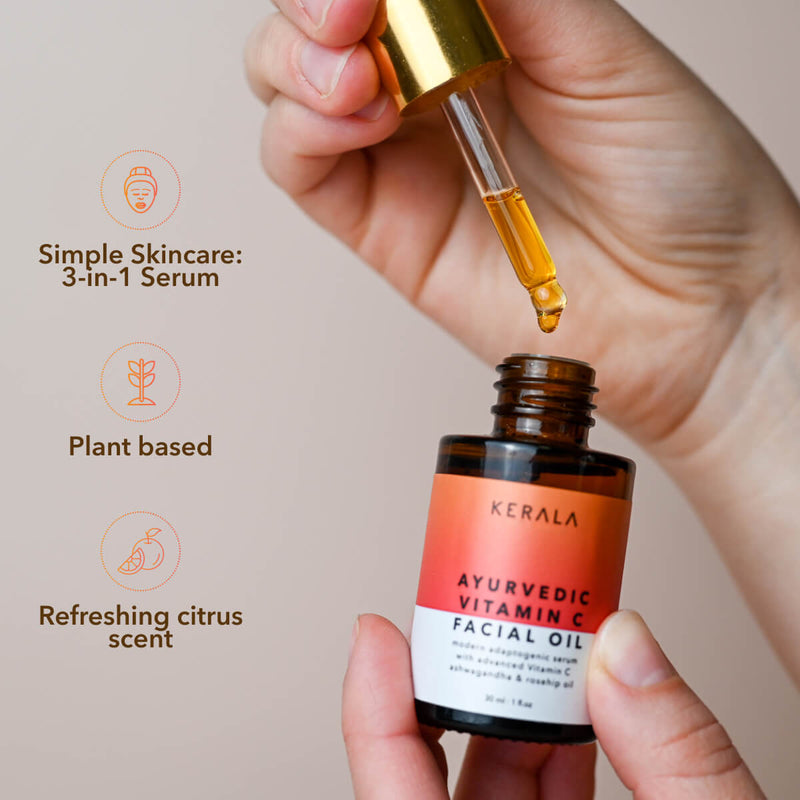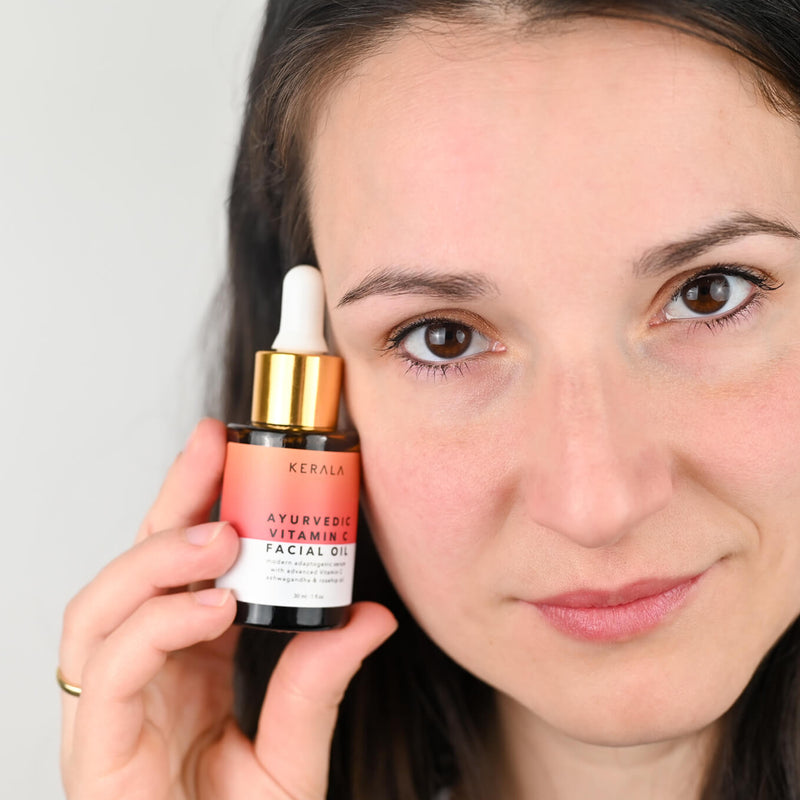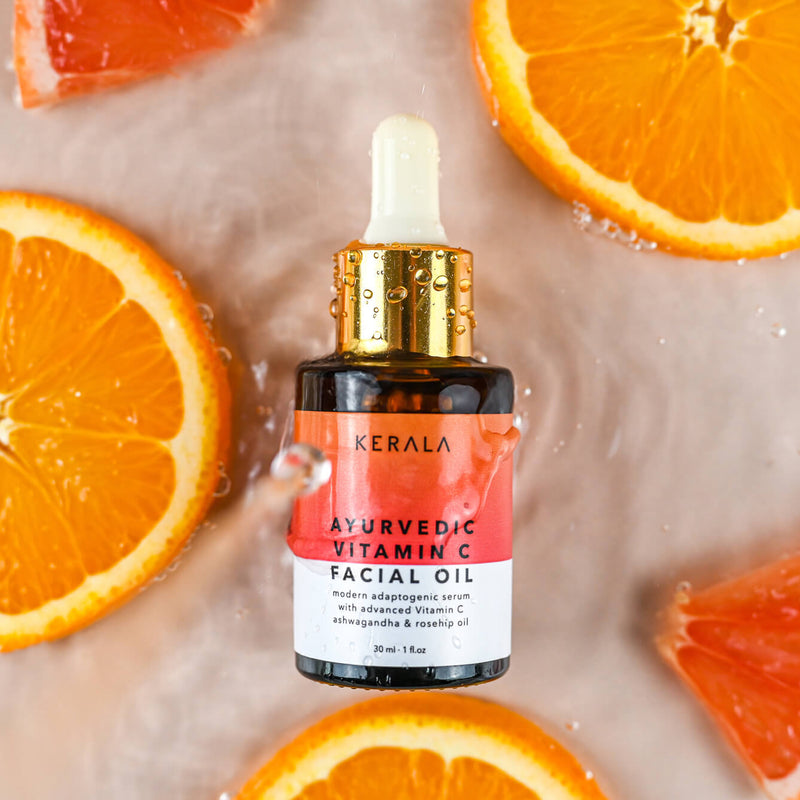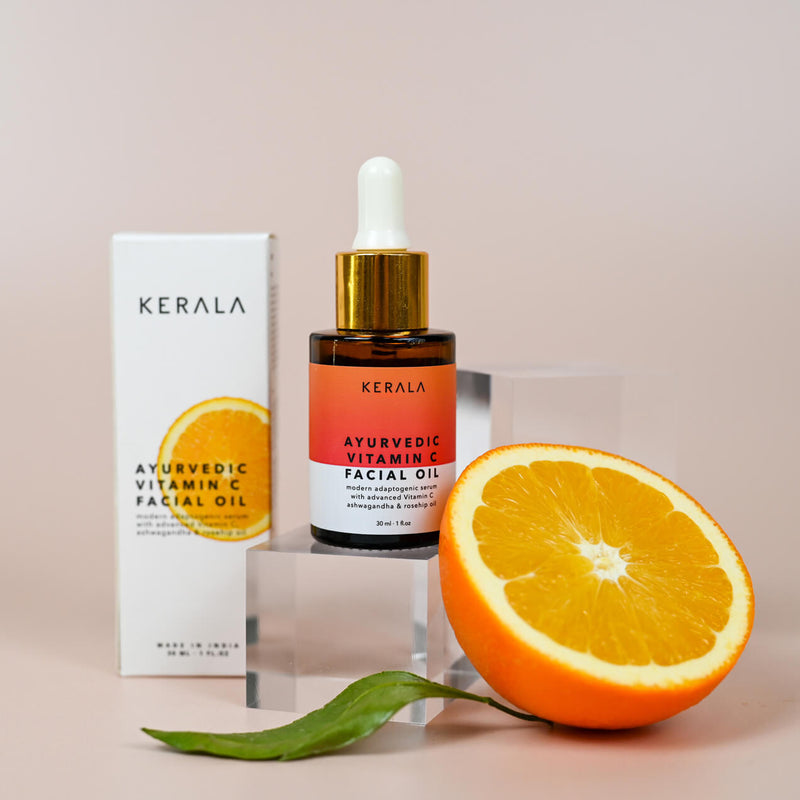Are you on the hunt for the perfect Vitamin C serum to elevate your skincare routine? The market is flooded with options, but have you ever considered switching from your go-to water-based serum to an oil-based one? It might just be the game-changer your skin has been longing for. In this article, we'll dive deep into the benefits of oil-based Vitamin C serums and why they might be a better choice compared to their water-based counterparts.
Water-Based Serums: A Closer Look
Water-based serums have long been a staple in skincare routines, but are they really the best choice for your skin? Let's break down some key points to consider:
-
Drying for the Skin: One of the downsides of water-based serums is their potential to dry out the skin. Due to the high water content, they can evaporate quickly, leaving your skin feeling parched and in need of additional hydration.
-
Preservatives Galore: Water-based products require a substantial amount of preservatives to prevent bacterial and fungal growth. This means you're not only putting Vitamin C on your skin but also a host of synthetic chemicals that can potentially cause irritation or adverse reactions.
-
Irritation Factor: If you have sensitive skin, water-based serums might not be your best friend. The high concentration of water and preservatives can be overly harsh and irritating, leading to redness, inflammation, and discomfort.
-
Stability Issues: Vitamin C in water-based serums can be unstable, meaning it can degrade quickly when exposed to light, air, and temperature changes. This not only compromises the efficacy of the product but also means you might be paying a premium for something that loses its potency rapidly.
Oil-Based Vitamin C Serums: The Game-Changer
Now, let's explore the advantages of oil-based Vitamin C serums and why they might offer a more effective and gentle solution for your skincare routine:
-
Gentle on the Skin: Oil-based serums are inherently more gentle, making them a fantastic option for individuals with sensitive skin. The oils create a protective barrier that helps to reduce irritation and inflammation.
-
Enhanced Penetration: The molecular structure of oils allows them to penetrate the skin more efficiently. This means that the Vitamin C in an oil-based serum can reach deeper layers of the dermis, where it can have a more profound impact on skin health.
-
Hydration and Barrier Strengthening: Not only do oil-based serums deliver Vitamin C, but they also provide essential hydration and work to strengthen the skin's natural barrier. This can lead to improved moisture retention and a more resilient complexion.
-
Natural Preservation: Unlike their water-based counterparts, oil-based serums don't require the same level of synthetic preservatives. The oils themselves have natural preserving properties, ensuring the product remains stable without the need for excessive chemicals.
Conclusion
When it comes to choosing the right Vitamin C serum for your skincare routine, the choice between water-based and oil-based is clear. Oil-based serums offer a range of benefits, from enhanced penetration and hydration to gentleness and natural preservation. So, before you make your next skincare purchase, consider making the switch to an oil-based Vitamin C serum for a more effective, gentle, and skin-loving solution. Your skin will thank you for it!


